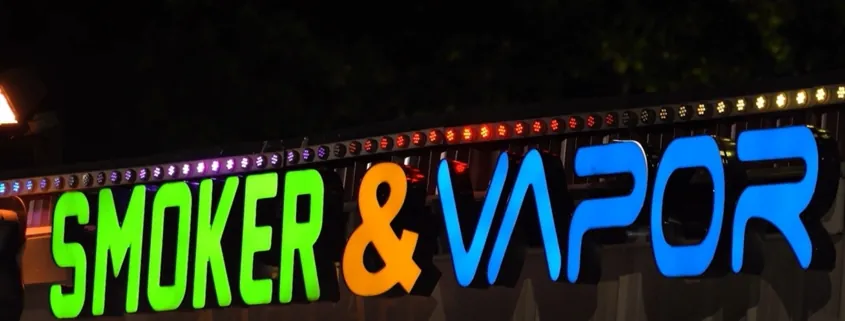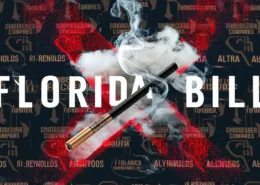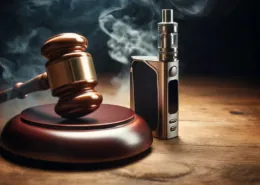NC’s Vaping Registry Bill: Advocates Raise Concerns Over Loophole, Big Tobacco’s Benefit
As teen vaping rates rise in North Carolina, advocates have called on lawmakers to address a “loophole” in state law that they believe allows young people easier access to tobacco products. In July, Governor Roy Cooper signed House Bill 900, also known as the Vaping Registry Bill, into law, enabling the state to create a registry of legal vaping products and prohibiting stores from selling items not on the list.
China’s Role in the Vaping Industry
China produces over 90 percent of the world’s vaping devices. Despite banning flavors in their own country, China still manufactures and ships flavored vapes to the U.S. Senator Paul Lowe, a Democrat from Winston Salem, supports the bill specifically because of this, stating, “When places make it, and they say in the country they make it in, it is not to be sold to our people.’ Well, maybe we shouldn’t sell it to ours either.”
The Loophole in the Law
While the new law would prohibit the sale of many foreign vape products in North Carolina, advocates point out a significant loophole. Companies that have applied for pre-market authorization and are awaiting a response can still sell their products in the state. Additionally, companies that have appealed a denial of FDA authorization can continue to sell vape products under the new law. This provision was added when the bill went through the Senate side.
Erin Paré, the Republican state representative who sponsored the bill, acknowledges that the bill is not “perfect” but believes it is a step in the right direction by removing many dangerous and illegal products from shelves.
Big Tobacco’s Benefit
Groups like the American Lung Association argue that the bill benefits big tobacco companies that produce vape and e-cigarette products. “This is about market share for them because they are the big conglomerates in this industry and not about protecting youth from getting addicted and having access to these e-cigarettes,” said Danna Thompson of the American Lung Association.
Currently, only 34 vape or e-cigarette products have received FDA authorization, with 26 of them owned by two big tobacco companies, including NJOY (owned by Altria, formerly Philip Morris) and Reynolds America in Winston Salem.
Raising the Age Limit
Many advocates believe that raising the age to buy tobacco products in North Carolina from 18 to 21 years old would have a significant impact on reducing teen addiction. The federal law sets the age at 21, and North Carolina remains one of the last states to allow 18-year-olds to purchase tobacco products.
Dr. Adam O. Goldstein, a professor of family medicine and director of tobacco intervention and weight management programs at the UNC School of Medicine, emphasizes the importance of the state’s $48 million settlement with e-cigarette maker JUUL in creating resources and models for other states to prevent another generation from becoming addicted.
Also Read:
Vaping Laws in the U.S. by State
Personal Stories of Addiction
Oak Avery, a 16-year-old who became addicted to vaping at age 14, participated in a unique vaping cessation program at UNC, the only one of its kind in the state. Avery encourages other young people struggling with addiction to seek help from parents or adults who can provide resources and strategies to quit.
Charlene, whose 15-year-old stepson died from health issues caused by vaping, hopes the state will crack down on every vape company, enforce laws against flavor baits and toy-like appearances, and convince children not to start vaping.
Representative Paré expressed openness to discussing issues related to the vaping registry bill when the legislature reconvenes in January.
- Bestselling Vapes in UK After Disposable Ban: What to Stock 2025 - August 8, 2025
- Argentina Debates Stricter Vape Laws Amid Prohibition Failures - August 8, 2025
- Nigeria Advocacy Group Urged to Hike Tobacco & Vape Tax by 100% - August 8, 2025








